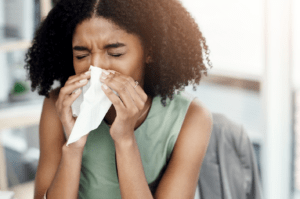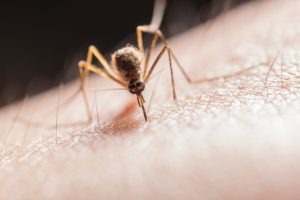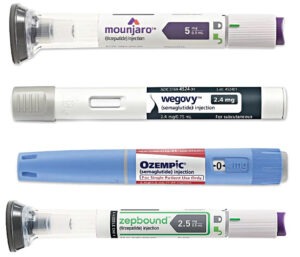
Cholera is a bacterial disease characterised by profuse watery diarrhoea. It is caused by the toxin producing forms of the bacteria Vibrio cholera.
It is usually contracted by ingesting contaminated water or food, with humans as the only known natural hosts. Cholera is common in many low-income countries and is usually associated with poverty, poor sanitation and poor access to clean drinking water.
The overall risk of cholera for travellers is extremely low. Activities that may increase risk of infection include drinking untreated water or eating poorly cooked seafood in areas where outbreaks are occurring. Travellers living in unsanitary conditions, for example relief workers in disaster or refugee areas, are also at risk.
Symptoms
Symptoms of cholera include: sudden onset of profuse, watery diarrhoea with associated nausea and vomiting. If untreated, cholera can rapidly lead to serious dehydration, dangerous salt imbalances and shock. Over 50 percent of the most severely affected patients die within a few hours. With prompt, effective treatment, mortality is less than one percent. Cholera may be mild or occur without symptoms in healthy individuals.
Prevention
The risk of acquiring cholera can be reduced by ensuring good personal hygiene and following guidelines on prevention of food and water-borne diseases.
An oral, inactivated cholera vaccine, Dukoral® is available in the UK. This vaccine is effective against V. cholerae serogroup O1. This vaccine is not indicated for most travellers, but is recommended for those whose activities or medical history put them at increased risk. This includes:
Aid Workers
– Those going to areas of cholera outbreaks who have limited access to safe water and medical care.
– Those for whom vaccination is considered potentially beneficial. (i.e. for those who do not fit into the above groups, but are still considered at higher risk). Two doses of the oral vaccination are required between 1-6 weeks apart.
To make a booking, please find an appointment below:











